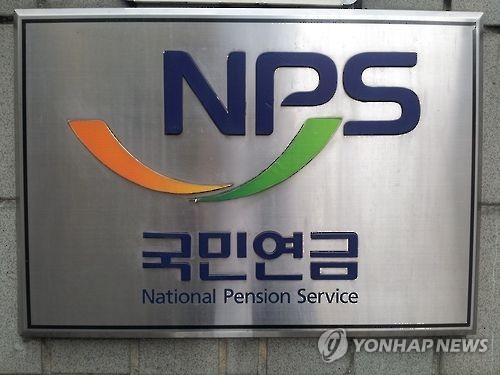The tax burden for South Korean households hit a record high in 2016, data showed Wednesday, further worsening their financial situation amid a prolonged economic slowdown.
Households spent more than 1.9 million won ($1,670) in taxes on average in 2016, up 2.1 percent from a year earlier, according to data compiled by Statistics Korea.

It marked the highest amount since 2003, when the statistics office started collecting data on the tax burden.
The increased tax burden has led to a hike of tax revenue. The government collected 242.6 trillion won in taxes in 2016, up 24.7 trillion won from a year earlier.
South Korea's quasi-taxes, which include social insurance premiums and the national pension, are also adding to the woes of ordinary households.
South Koreans aged between 18 and 59 are required to join the National Pension Service, South Korea's state pension fund, if they work. On average, South Korean households spent 130,320 won on the pension last year.
Households spent 422,633 won in taxes and quasi-taxes on average per month in 2016, accounting for 9.6 percent of their income, according to the statistics office. (Yonhap)


















